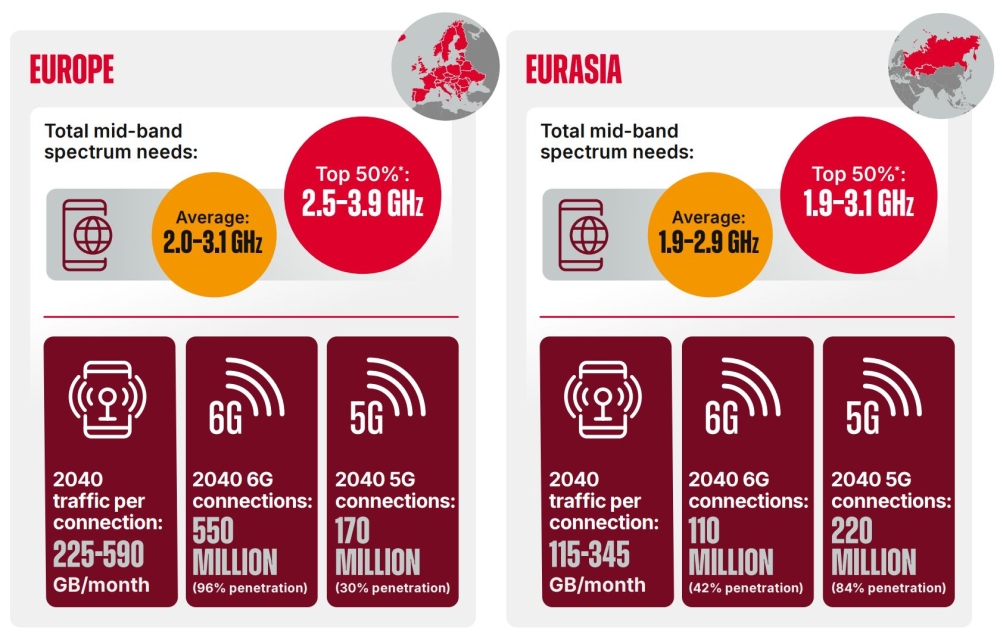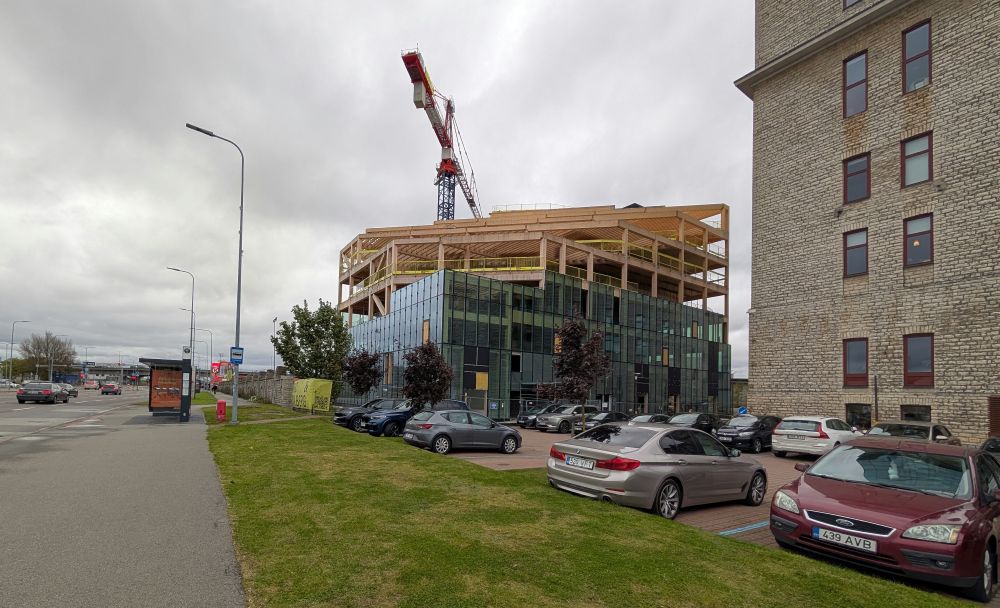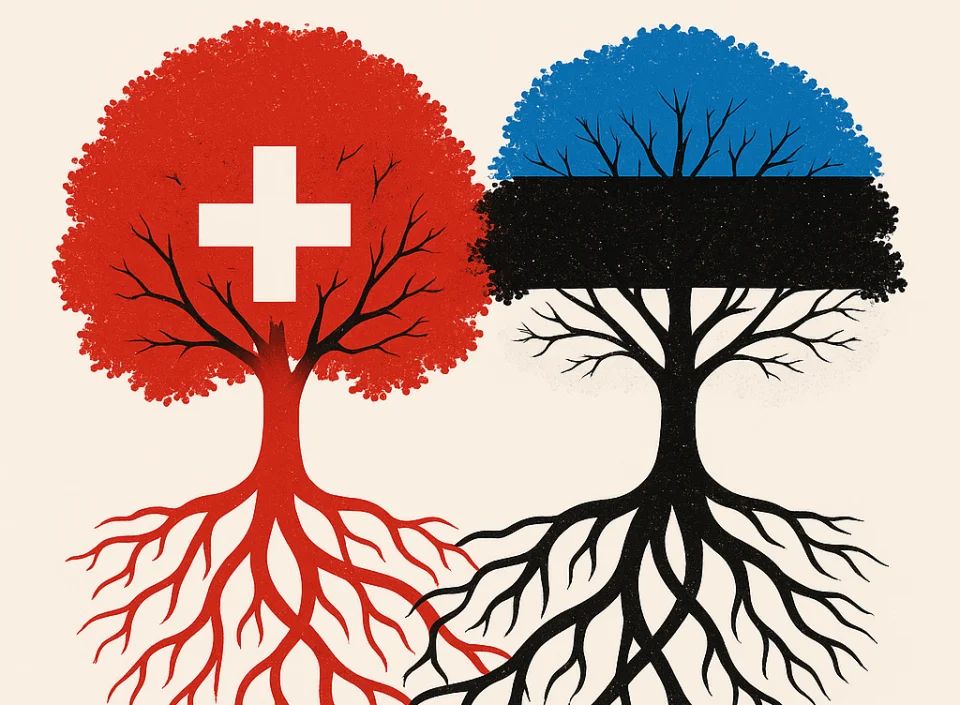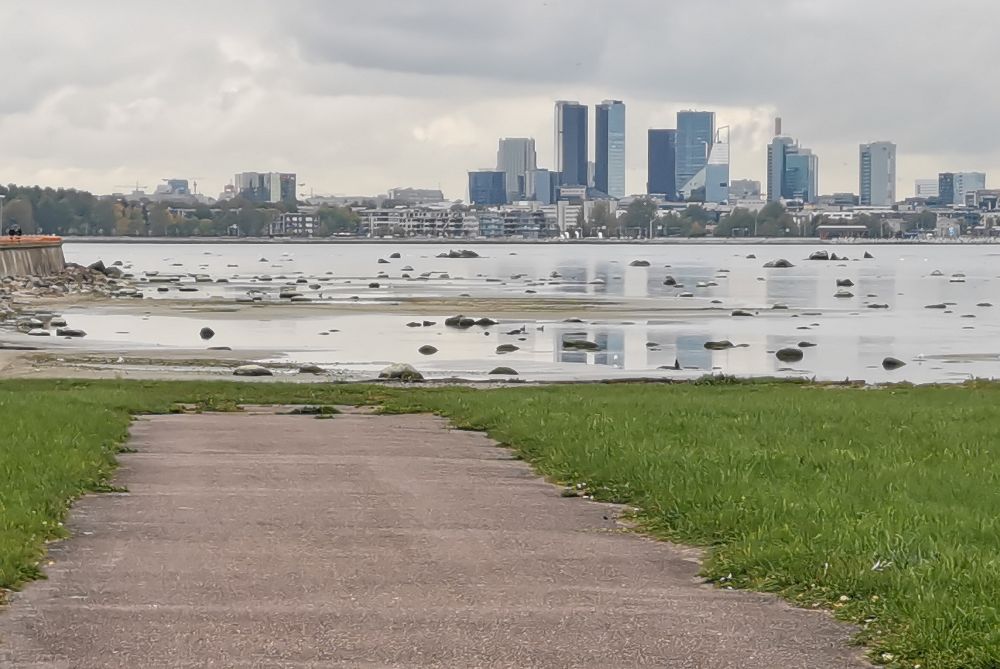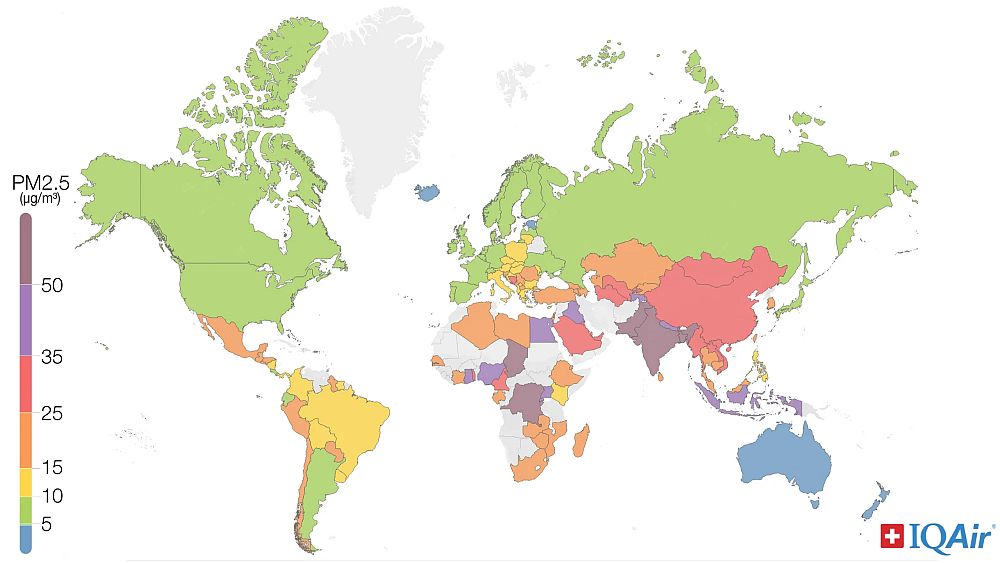European researchers developed energy-efficient machine vision inspired by human eyesight and the brain
Drawing inspiration from human eyesight, a European research project led by VTT has developed machine vision mimicking the cooperation of the eye and nervous system, implemented as edge-computing circuits. Edge computing means processing data where it is generated and where the results of computing are needed. This enables, for instance, intelligent robots and drones that can operate independently in a rescue mission after an earthquake without constant network connections or bulky batteries.
6G mobile networks will need up to three times today's spectrum
6G mobile networks will need up to three times today's spectrum to meet surging data demands, new GSMA report shows.
Near-term government decisions to avoid future spectrum 'bottlenecks' are needed to benefit billions of consumers and businesses in a 6G world.
Vision 2040: Spectrum for the Future of Mobile Connectivity, a comprehensive global assessment of spectrum requirements for the coming '6G' era, concludes that a global average of 2–3 GHz of mid-band spectrum per country will be required in 2035–2040 to meet mobile network capacity needs in the highest-demand urban areas, with higher-demand countries needing 2.5–4 GHz.
Amazon opens office in Tallinn: Why Estonia?
The cloud giant Amazon has opened a new office in Tallinn to strengthen its presence in the Baltics. The office will be used by Amazon Web Services (AWS) and Amazon Music and complements the existing Estonia presence to be closer to customers in the region.
Amazon justifies its investment with the growing trend of many companies moving their business-critical applications to the AWS cloud. In Estonia, there is already a growing customer base that the company wants to expand further.
"The opening of the new Amazon office in Tallinn marks an important milestone and reinforces our commitment in Estonia," said Kellen O'Connor, CEO of AWS Northern Europe.
Tallinn's timber pioneer: Estonia's first wooden highrise building sets new standards
In Tallinn, the dynamic capital of Estonia, an architectural landmark is taking shape that redefines the boundaries of sustainable construction. The "Fahle Terraces," an eight-story office building in a prominent location, will be the country's first high-rise in timber hybrid construction. The project combines a bold vision with innovative engineering and is scheduled for completion in the summer of 2026.
On the busy transport artery of Tartu mnt, right next to the iconic Fahle House, a building is rising whose primary structure is not made of steel and concrete, but of glulam and cross-laminated timber. With a leasable area of 6,850 m², the project, designed by the architectural firm LUMIA, is a clear commitment to the future of urban construction.
These are the Winners of Innovation Awards Agritechnica
Securing Finland´s future: addressing the evolving challenges of national security
In response to Finland's historic increase in defence spending and growing hybrid threats to critical infrastructure, Mattermost today announced the launch of its Intelligent Mission Environment in Finland, a secure, sovereign collaboration platform designed to meet the operational demands of the country's defence, intelligence, and critical infrastructure (DISC) sectors.
The announcement comes as Finland accelerates its defence modernization strategy, with a planned increase in spending to 3% of GDP by 2029, including an additional €3.7 billion over the next four years. This investment targets enhanced cyber resilience, AI integration, and NATO interoperability.
Switzerland-Estonia Cyber-Century: a meeting point for the digital future in Zurich
Switzerland and Estonia are celebrating 100 years of successful trade relations this autumn with the "Switzerland-Estonia Cyber-Century," a top-tier event focusing on the digital future. On November 13, 2025, a high-caliber audience will gather at the Conference Center of Zurich's Hallenstadion to discuss IT security, digital innovation, and international cooperation.
This anniversary event, organized by the Estonian Ministry of Foreign Affairs, Digitalswitzerland, the Office for Labour of the Canton of Zurich, ICT Estonia, and the Estonian Chamber of Commerce in Switzerland, promises a diverse program. Participants can look forward to a stimulating panel discussion, exciting speed presentations by Estonian companies, and targeted matchmaking sessions.
Nokia to lead PROACTIF, a multimillion Europe robotics and unmanned technology project
Nokia has been selected to lead PROACTIF, a project funded by the European Union’s Chips Joint Undertaking. The project aims to strengthen Europe’s technology resilience and leadership in ECS technologies and support the autonomy of the European Drone and Robotics industry.
The consortium anticipates generating around €90 million in revenue, 50 products, and more than 15 new industry patents by 2035, enabling increased market share and leadership. The project's additional impact includes dozens of new collaborations, hundreds of new jobs, and over €40 million of additional investments.
The young generation of Estonian start-up entrepreneurs shows exceptionally rapid growth
According to data from Startup Estonia and the Estonian Tax and Customs Board, the turnover of Estonian start-up sector companies in the first quarter of this year was 1.2 billion euros, growing by approximately 40% compared to a year ago. At the same time, the turnover of Estonian start-ups up to 5 years old grew by over 60%, and they have also attracted 70% of all investments in the start-up sector.
Global air quality crisis: only 17% of cities meet WHO standard
A stark picture of global air quality emerges from IQAir's 7th annual World Air Quality Report, released today. Analyzing data from over 40,000 air quality monitoring stations across 8,954 locations in 138 countries, territories, and regions, the report reveals that a mere 17% of cities worldwide met the World Health Organization's (WHO) annual guideline for fine particulate matter (PM2.5) of 5 µg/m³.
The comprehensive dataset, compiled and analyzed by IQAir's air quality scientists, underscores the pervasive nature of air pollution as a critical global challenge with significant implications for public health and environmental engineering efforts.

